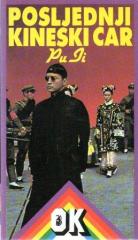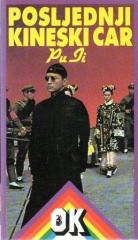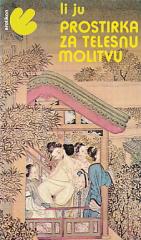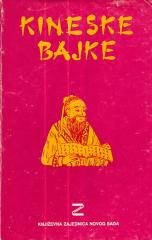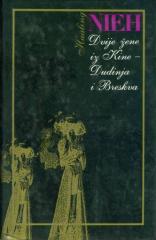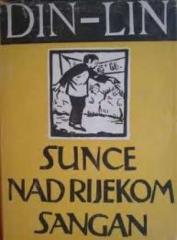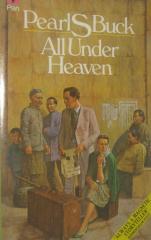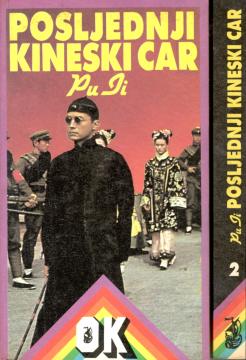
Posljednji kineski car
The Last Emperor of China (1988), an autobiography by Pu Yi, follows the life of the last emperor of China. The book, written with the help of ghostwriter Li Wende, depicts Pu Yi's personal reflections and his transformation from divine emperor to ordinar
Pu Yi, born in 1906, became emperor in 1908 at the age of three, after the death of Empress Cixi. His childhood in the Forbidden City was marked by isolation and strict rituals, and his only warmth was provided by his wet nurse Ar Mo. After the Xinhai Revolution of 1912, he abdicated, but retained his nominal title until 1924, when he was exiled by warlord Feng Yuxiang.
In exile in Tianjin, Pu Yi led a luxurious life, influenced by Japanese advisors. In 1932, the Japanese appointed him regent, and in 1934, emperor of the puppet state of Manchukuo. His reign, marked by Japanese control, ended in 1945, when the Soviets captured him. From 1950 to 1959, he underwent communist re-education in Fushun Prison, where he faced war crimes and pleaded guilty. Released, he worked as a gardener in Beijing and later became a member of the People's Political Consultative Conference. He died of cancer in 1967. The work is appreciated for its intimate portrayal of Chinese history and personal struggles with identity in the turbulent 20th century.
The book consists of two volumes.
Jedan višetomni primjerak je u ponudi.
